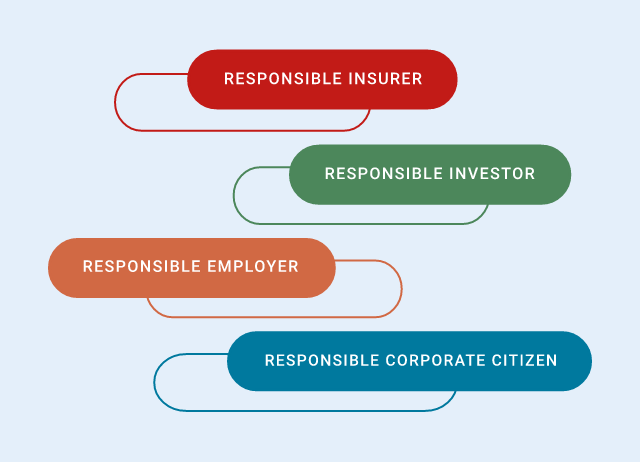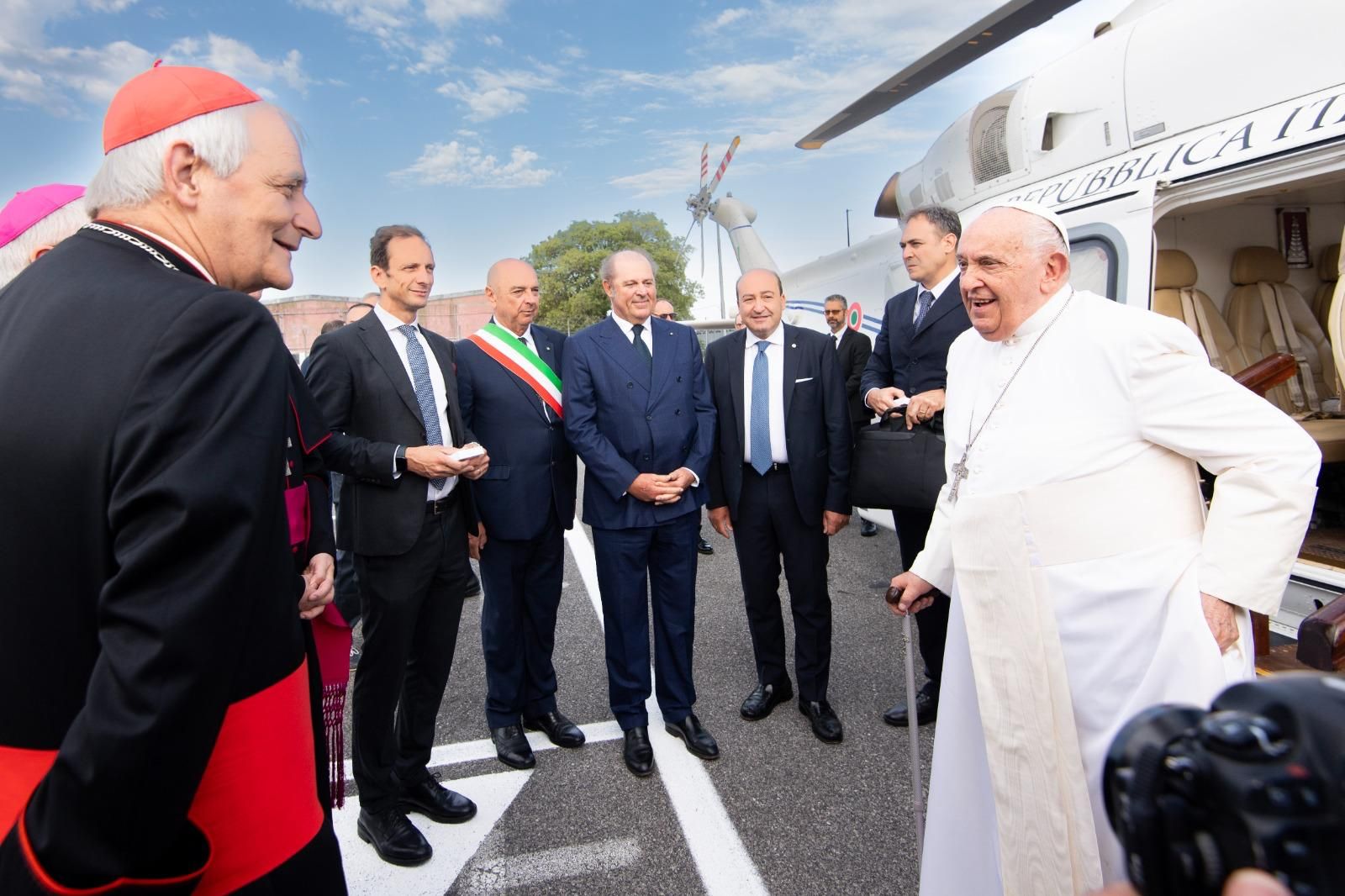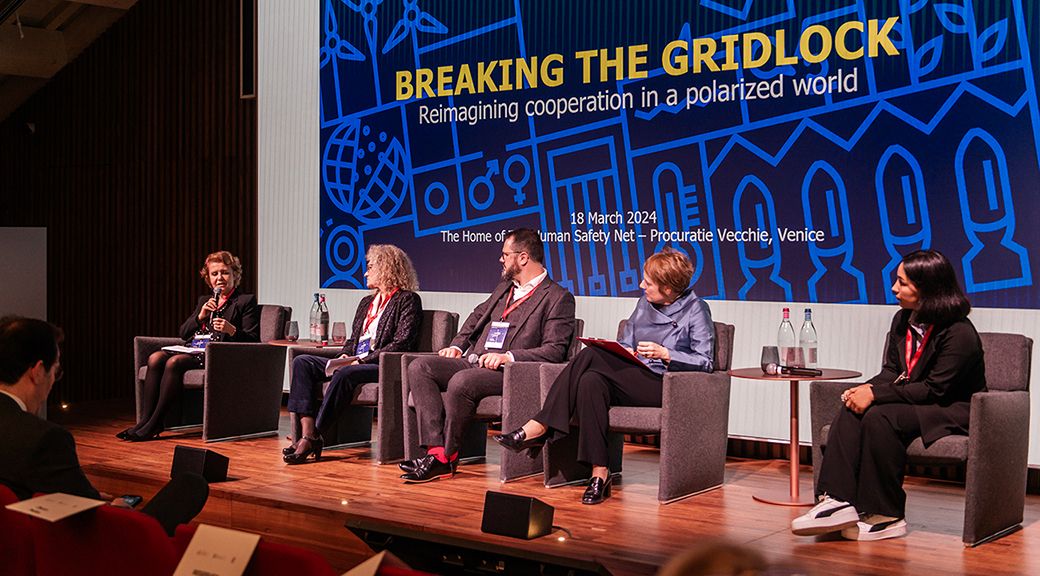27 August 2024
Democracy in the age of populism
2024 is a year of crucial elections, which will increasingly put democratic systems to the test, especially as they face the growing threat of polarisation of society. When faced with populism, what role can information and fact checking play?
This is a particularly important year for democracy, as citizens in 60 countries (plus the European Union) have been or will soon be called to the polls. While in June Europeans voted to renew the Strasbourg Parliament, which in turn elected the new top representatives of EU institutions who will remain in office for the next five years, there is great anticipation for the U.S. presidential elections on November 5th.
Polarised politics
The tense climate surrounding the electoral campaign, culminating in the assassination attempt on Donald Trump on July 13th and the withdrawal of outgoing President Joe Biden from the race, offers little encouragement. On the other hand, the rise of extremist or anti-system forces also threatens the resilience of community institutions, which have long been under pressure from populist movements (evidenced by the Brexit case).
Indeed, the generalised trend of increasing political polarisation, as also highlighted in the recent Human Development Report (HDR) presented last March by Generali and the United Nations Development Programme (UNDP), in collaboration with the Ministry of Foreign Affairs and International Cooperation and The Human Safety Net.
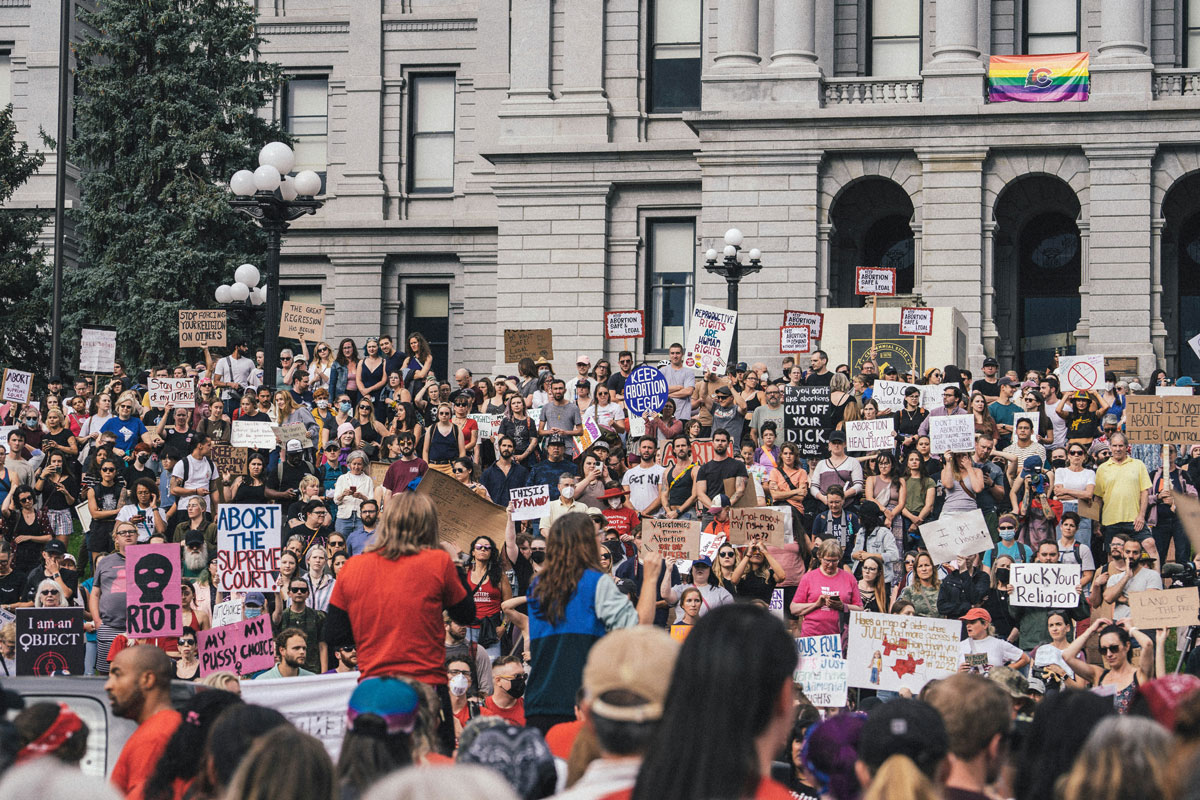.jpg/lang:en/img_jack-prommel-R0rKZQUDTBY-unsplash-(1).jpg)
Credits: Jack Prommel for Unsplash
The 2023/2024 edition of the Human Development Report
The latest edition of the Human Development Report, titled “Breaking the Gridlock: Reimagining Cooperation in a Polarized World,” focuses on the stalemate resulting from development disparities, intensifying inequalities, and increasing political polarisation.
In this context, the report calls for rethinking global cooperation, proposing immediate actions for climate stability, human development, and new and broader financial mechanisms to support development. Another key goal is to promote the reduction of political polarisation through new governance approaches that value public opinion and combat disinformation.
Democracy in crisis
The United States is perhaps the clearest example of the crisis currently afflicting democracy, which is increasingly threatened by the growing polarisation of the electorate and society (which in turn allows extremism and populism to prevail, to the detriment of mediation and “complex thinking”). Anyway, it is not the only country affected by these trends.
In fact, this is a sensitive issue throughout the Western world. Also Pope Francis recently spoke out on the matter during his recent visit to the Generali Convention Centre in Trieste for the 50th Social Week of Italian Catholics. The Pope launched an appeal to “avoid becoming indifferent and speak out in defence of democracy”, which is in line with the values of promoting social dialogue, solidarity, and inclusion, to build a more just and cohesive society. He also emphasized the need to avoid being deceived by easy solutions and to undertake the task of “not manipulating the word democracy nor distorting it with empty titles, capable of justifying any action,” keeping it “tied to the values of the individual, of fraternity, and integral ecology.”
The role of companies
In the context of increasing polarisation, companies also play a crucial role in supporting democracy by adopting a responsible approach and supporting initiatives that promote dialogue and mediation. As emphasized by Professor Wawrzyniec Smoczyński during the Generali Global Communication Council in Warsaw, “companies can positively contribute to strengthening democracy by supporting civic education programmes and promoting balanced information.”
Such commitment enriches the social fabric and creates an environment in which business can thrive, thanks to a well-informed and cohesive society. Because supporting democratic initiatives means “helping to build a more informed and participatory society, with tangible benefits for companies in the long term.” The insurance sector can also positively contribute in this regard, leveraging the importance given to prevention, health, and quality of life, as well as reducing and mitigating risks in the face of the growing uncertainty that characterizes today’s world.
Facts and reality in the age of populism
Another valuable contribution to the debate on political polarisation and democracies is provided by US journalist and political analyst Andrew Spannaus in his article “Facts and Reality in the Age of Populism,” published in the latest edition of the Bollettino Generali, which focuses on the rise of populist political forces in the United States and Europe over recent years, and the challenges this has posed especially for media and public institutions in Western societies.
In Spannaus' analysis the emphasis on fact-checking, a central element of the response of institutions, in particularly interesting. Fact-checking is implemented using “public facts to establish the truth of a matter, thus hoping to stem the growth of conflicting narratives and justify the refusal of mainstream figures and information outlets to take them seriously”, Spannaus writes. “An unintended result of this approach has been to actually strengthen the cultural division of our societies, certifying the view that different portions of the population live in different realities, as many commentators like to tell us. Members of the media and politics are comforted by the certainty that they live in the real world, and have the facts to prove it; and they often view themselves as a bulwark against a society that has gone mad.”
In this context, “a key element to acknowledge is that populists and nationalists are speaking to a reality that part of society feels as its own. Refuting specific claims or arguments with facts is certainly necessary, but risks being ineffective if we fail to address the overall narrative.”
Certainly, the criticisms from extremist movements will not disappear; the debate and division are likely to remain heated in the years to come. As Spannaus concludes: “The clash between a so-called globalist worldview and that of ‘regular people’ who espouse a return to more traditional values, has been internalised by many citizens, and will continue to represent a source of tension. The hope for improvement comes from the possibility to generate irrefutable progress which can be felt by all of society, thus creating a shared reality and reducing the fertile ground into which today's exacerbated conflict has sunk its roots.”
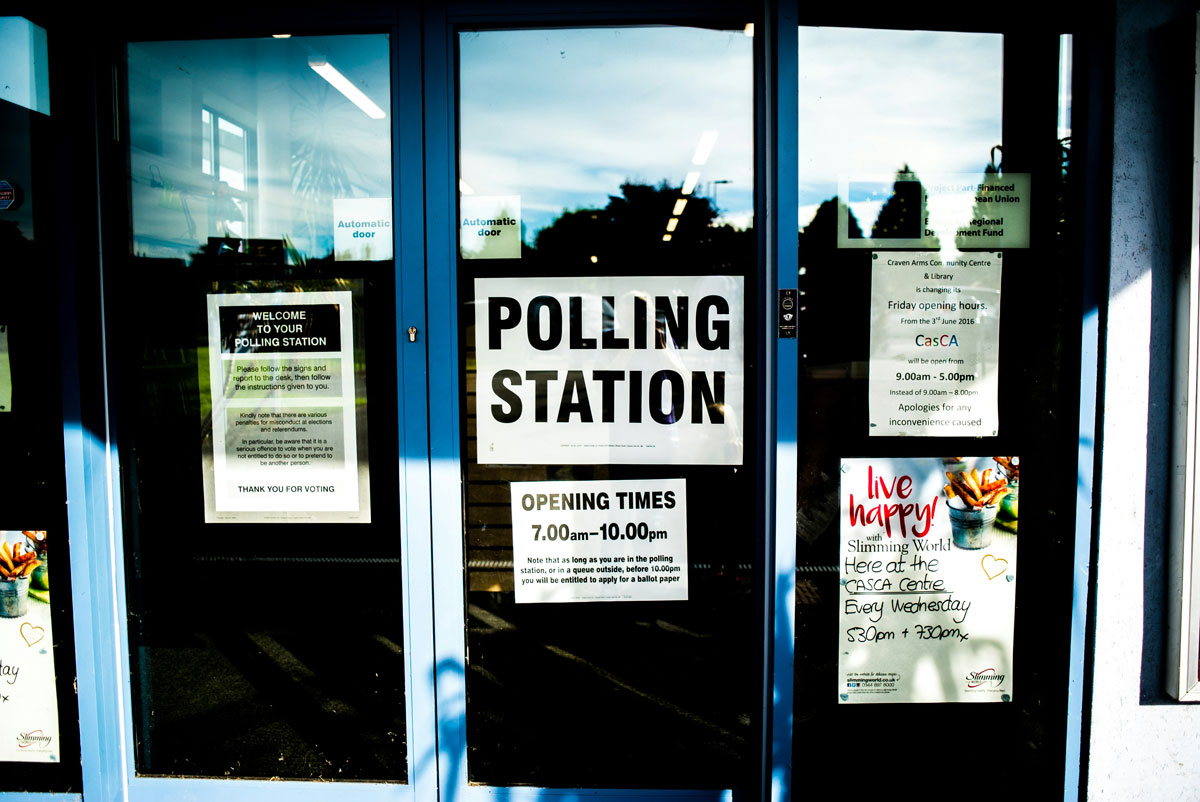.jpg/lang:en/img_elliott-stallion-1UY8UuUkids-unsplash-(1).jpg)
Credits: Elliott Stallion for Unsplash

